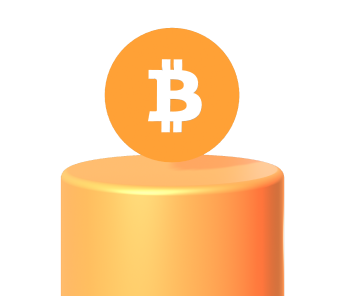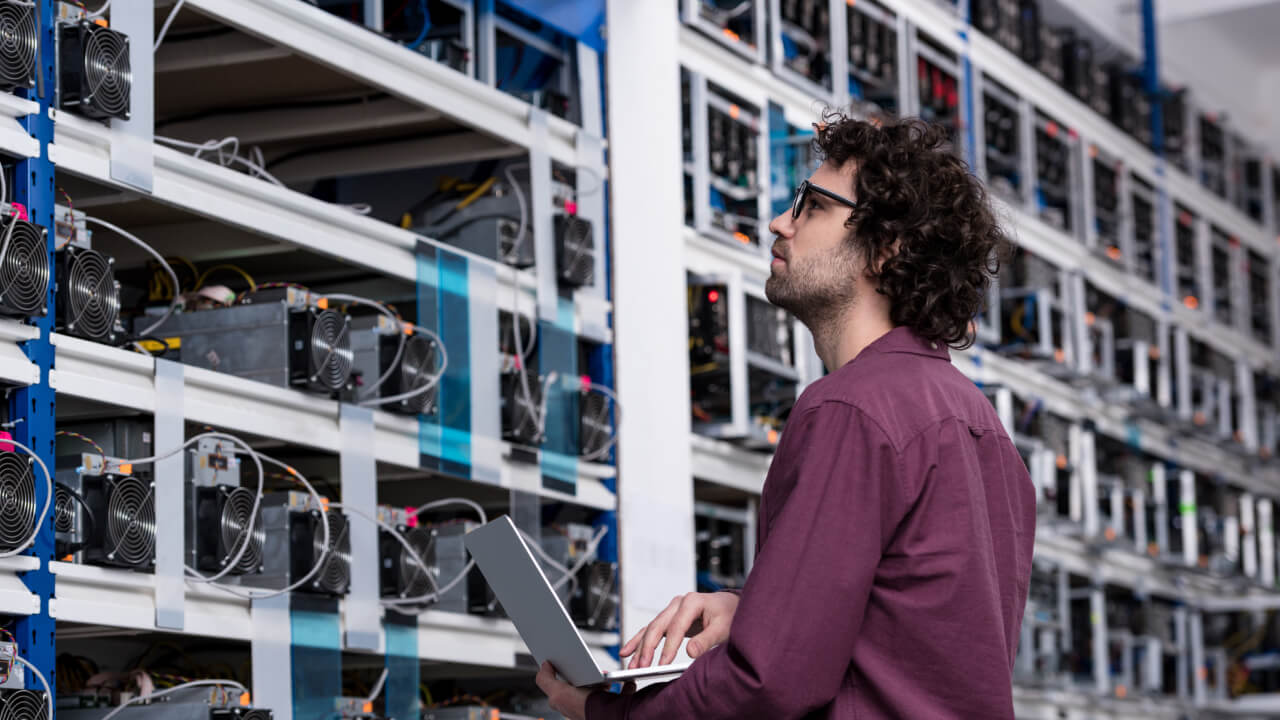In 2140, miners will finish issuing Bitcoin. Will their work no longer be needed? What will happen after that?
Bitcoin, like all precious things, is limited and scarce and therefore will not be issued forever. The distribution of coins will cease at 21 million, more or less around the year 2140. This event, although very far away, will affect future miners who will no longer receive new BTCs as a reward. What happens when all 21 million Bitcoins are mined? Will the miners stop securing its blockchain?
Why aren’t Bitcoins infinite?
The maximum amount of Bitcoins that can be issued is limited to 21 million. This number is also called ‘max supply‘. This limit was introduced by Satoshi Nakamoto since the creation of the cryptocurrency to curb inflation and make crypto scarce and therefore more valuable. If Bitcoin’s availability were unlimited and BTCs were mined indefinitely at some point each of these cryptos would no longer be worth anything. Currently 19 million Bitcoins have been issued and therefore there are only 2 million left to reach total supply.
Miners’ rewards reduced by halving
Another Bitcoin mechanism, related to mining, is halving. This regulates the gradual decrease in rewards given to miners who validate blocks, which are halved about every four years. This also serves to reduce the crypto in circulation, to maintain scarcity. After the successful halving in April 2024, miners get 3.125 BTC for each validation block. The process of validating a block takes, on average, 10 minutes.
What happens to the miners when all Bitcoins are issued?
The security of Bitcoin’s blockchain is guaranteed by the miners, so it is legitimate to wonder whether the moment no more BTCs are issued, the network will stop working, because no one will have any incentive to check the validity of transactions.
Fortunately, Satoshi Nakamoto has also thought of this. In fact, the miners not only receive a portion of the newly mined BTC as a reward, but also the transaction fees. When all 21 million Bitcoins have been issued the fees will become the only source of income for the miners.
The end of Bitcoin minting will have an unpredictable impact. Certainly miners may be affected, and for some of them, mining Bitcoin may cease to be a profitable activity. But this depends very much on the evolution of Bitcoin as a cryptocurrency. For example, if in about 120 years BTC becomes a fully-fledged store of value, the transaction fees (which will be much more expensive than now), will probably be sufficient to reward the miners. Alternatively, they could migrate to other blockchains, as happened to Ethereum when its network switched from Proof-of-Work to Proof-of-Stake consensus mechanism.
Over the past year, thanks to a new technology called inscription, Bitcoin’s blockchain is evolving. The BTC network is no longer a ‘pure’ network that only handles cryptocurrency transfers but can also host NFTs, decentralised applications (Dapp), DeFi protocols, and even Layer 2 blockchains. In short, the activity on Bitcoin’s network is increasing, which also contributes to raising the fees that users have to pay, on average, to make a transaction. As the volume of commissions increases, the miners will earn more money.
Lately, thanks to a new technology called inscription, Bitcoin’s blockchain is evolving. The BTC network is no longer a ‘pure’ network that only handles cryptocurrency transfers, but can also host NFTs and possibly soon decentralised applications (Dapp) and DeFi protocols. Due to inscription, activity on the Bitcoin network is increasing, which also helps to raise the fees that users have to pay on average to make a transaction. As the volume of fees increases, the miners will earn more money.
Unfortunately, there is no certain answer to the question: what happens when all 21 million Bitcoins are mined. In any case, since it is about 120 years away, the miners still have some time to prepare.



